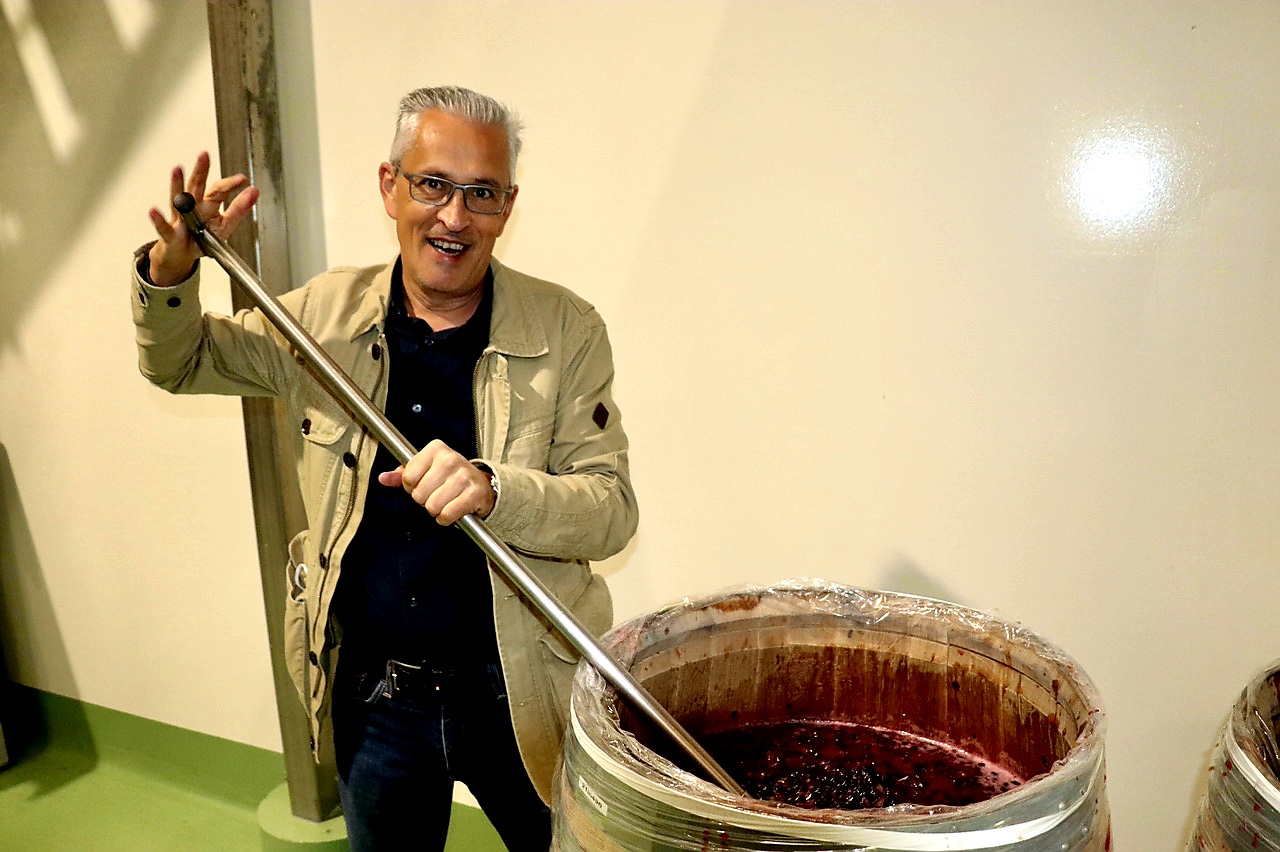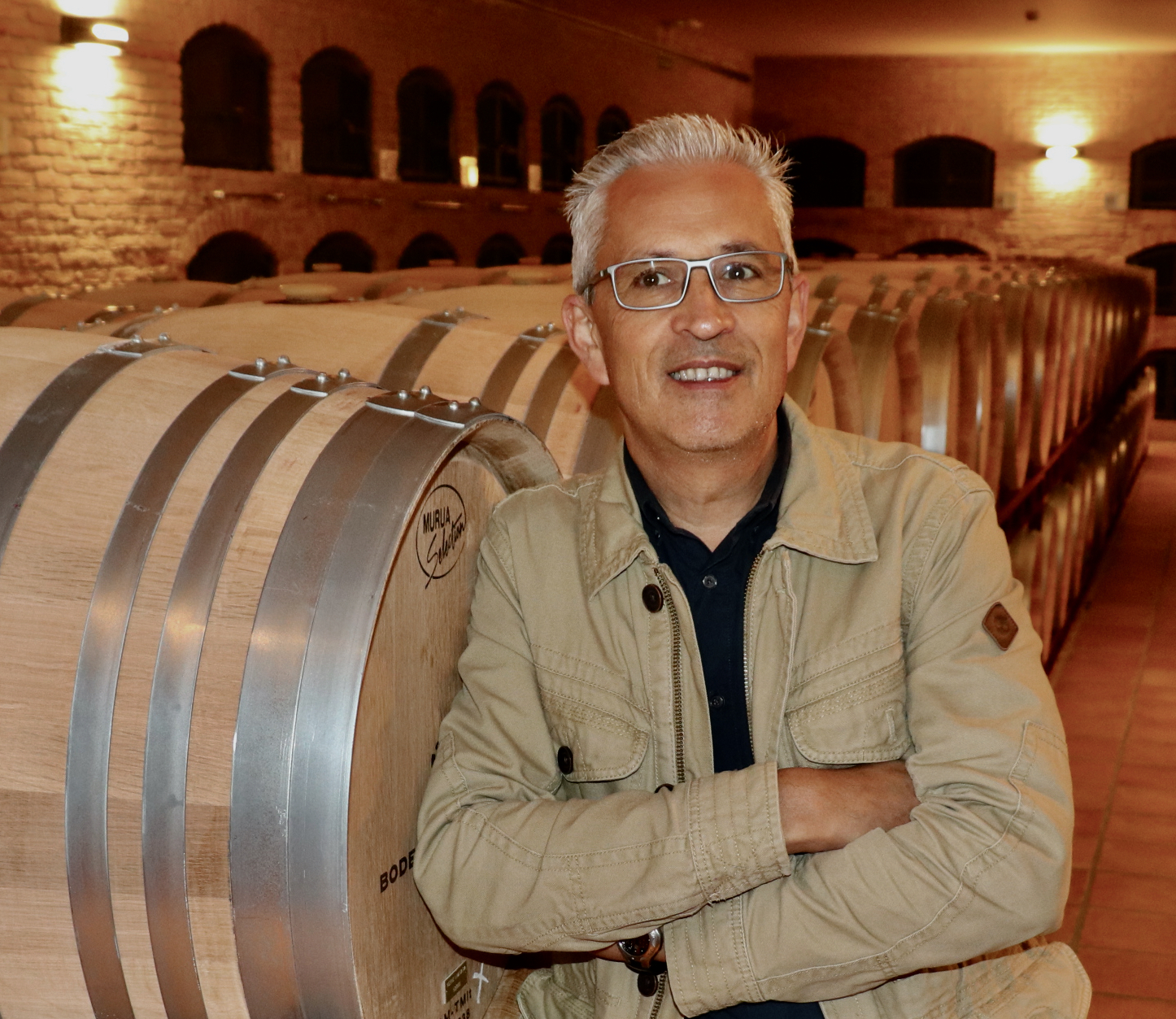The Wolf Post offers a professional service with free access, without subscription.
For this reason, a donation would also be a sign of appreciation for our work.
The primary goal of an oenologist is to be able to give the owner of the winery and, therefore, also to the final consumer, the “perfect wine”, enhancing and optimizing the fruit of the gods: the grapes.
Does the “perfect” wine really exist? Someone has defined the perfect wine as that which meets the favor of producers, others that of consumers. There are also those who argue that the perfect wine is the one without defects. Yet, we know that, sometimes, a small imperfection can turn into an added value, an example of all “bretted” wines, loved and hated at the same time.
By adding a new chapter to the column, which gives a voice to winemakers, we turn to the most authoritative source to understand if the perfect wine exists and to what extent.

© Jabier Marquínez
Who better than an oenologist can know the fatigue and the many variables that affect the production of wine from the vineyard to bottling. Yet, often, the most ruthless judgments about wine come from those who only taste the final product without having witnessed the entire production process. For this reason, only an oenologist can really know if there is a “perfect” wine and when it can be defined as such, according to his experience.
Is wine a product or a work of art?
If it is a product, we can try to evaluate its quality analytically, but since there are more than a thousand different substances in each wine, it is very complex. Not to mention the different proportions of those more than a thousand substances or the interaction between them.
Furthermore, within a wine there are many reactions, with what is alive changing over time.
The differences in tasting based on temperature, type of glass, cork, mood, are other distinctive features to take into consideration.
If it is a work of art it begins to be subjective, it will depend on the consumer’s taste
My opinion is that a perfect wine does not exist, nor can it exist.
I have seen many times wines with perfect analyzes that I don’t like and wines with “bad” analyzes that I loved!
Is there a defect that you are particularly afraid of?
I agree with the statement that imperfection is part of perfection, the nuance is in the level. When does it stop being an imperfection to become a defect?
In general there are four groups of defects:
Sludge or sediment, pinking. Usually, they don’t affect quality, just visually, but they are frowned upon. Not that they scare me but we spend a lot of time and money avoiding them, sometimes sacrificing interesting things in tasting.
Taste of cork or TCA. This is a problem, when it is very evident the bottle is removed, but when it is incipient and it is not clear we tend to think that it is a mediocre wine.
Reduction in the bottle, taste of light, etc. Full-bodied wines, with a good closure and months in the bottle, sometimes badly preserved, can develop unpleasant aromas of reduction, which tend to improve with decantation, but not always.
Microbes, especially bacteria and yeasts. It is quite controlled but there are still problems. The worst are those microbiological problems that occur in the bottle, although luckily technology and greater knowledge help us a lot in this.
Another group would be the characteristics of each wine, acidity, tannins, aromas, pyrazines, wood, bitterness, carbon gas level, sweetness, etc. But there are times when more than a flaw is a style of that particular winery or wine, so it’s questionable whether it’s a flaw or not.

© Jabier Marquinez
What are the operations, or strategies, that you implement to prevent this problem from arising?
Correct wine stabilization practices in the cellar, with stability checks before bottling to avoid proteins, potassium or calcium tartrates, colloidal dyes, etc.
Buy good plugs, with correct specifications and strict quality control.
A lot of cleaning and hygiene of the cellar, tanks, barrels, machinery, etc. Analytical checks and periodic tastings. Filtration level suitable for the type of wine, destination and estimated time of consumption.
Your thoughts on “Brett” wines: are they undoubtedly defective wines or are they an interesting experience?
The brett can be interesting but, personally, I reject it, I consider it a flaw. It is true that at low levels wines can be better, but it is very risky to try to leave the wine at a certain level, it is not easy to eliminate them once they are already there, so better not try.








